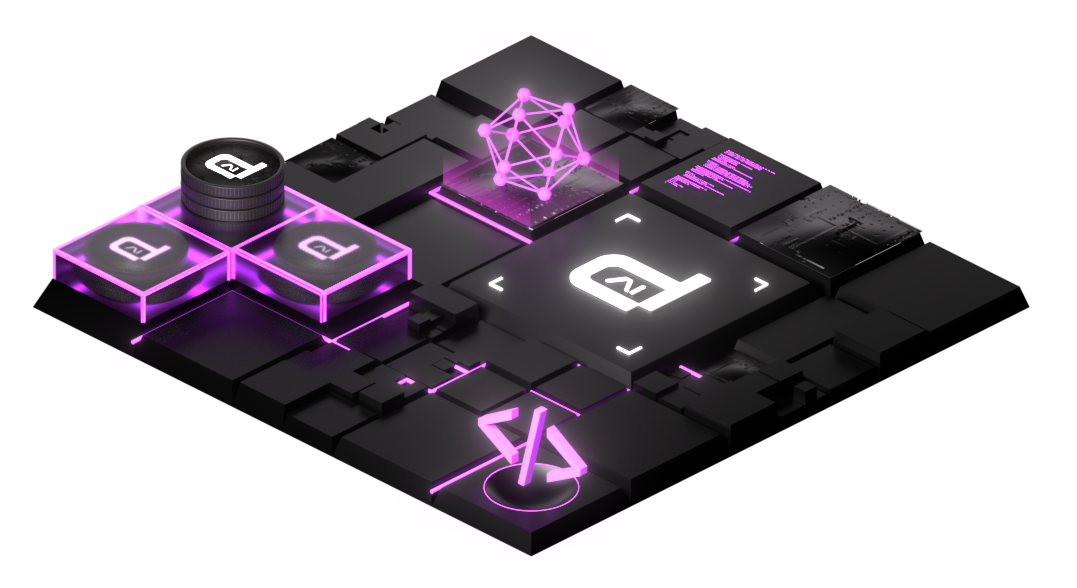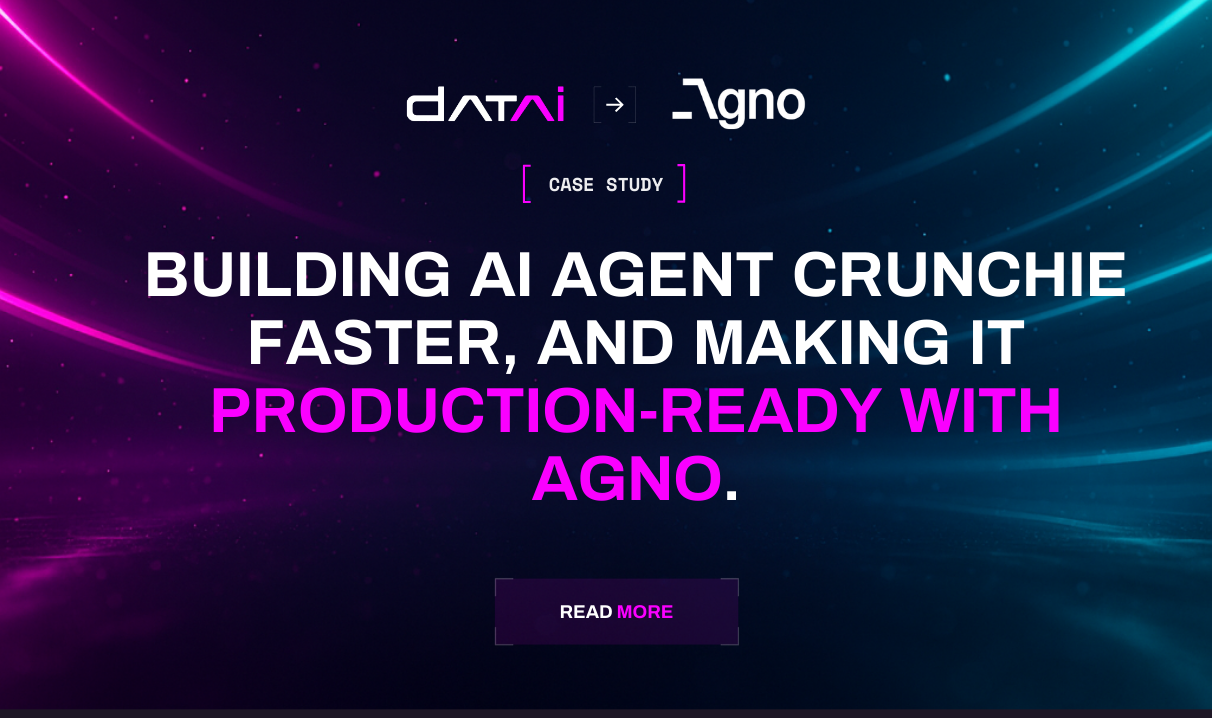The Beginner’s Guide to Wallet Intelligence with Datai MCP
Datai MCP It lets your agents see, interpret, and act on wallet activity, instantly. For...
Fri, Aug 1
By: Datai Network
If you’ve ever built or used an AI agent in Web3, you’ve probably run into this problem:
The agent talks a big game…
But when it comes to real wallet context, it’s basically flying blind.
Sure, it might recognize an address. Maybe even check Etherscan. But does it actually know what that wallet holds?
Not really.
The Problem
Web3 wallets are complex.
They can hold tokens, NFTs, staked assets, LP positions, lending vaults, collateral, you name it, often across five or six chains. And yet most AI systems can’t answer basic questions like:
- What’s this wallet’s net position?
- Are they overexposed to a specific asset?
- Do they have any risky DeFi loans?
- Are their tokens sitting idle or working?
And if you’re the one building that agent?
You’re stuck writing custom scrapers, querying dozens of APIs, and dealing with edge cases on every protocol. It’s painful.
Enter: Datai MCP
Datai MCP is like giving your agent a sixth sense for wallet activity.
It’s a lightweight server that takes a wallet address and instantly returns clean, structured data about what’s inside, tokens, NFTs, DeFi positions, across Ethereum, Arbitrum, Polygon, BSC, Base, and more.
No scraping. No stitching together ten protocols. No writing your own indexer.
Just plug in an address, and MCP handles the rest.
Picture This
You’re building a portfolio assistant.
A user connects their wallet.
Behind the scenes, your agent calls get_all_defi_positions.
Now it knows the user is:
- Providing liquidity in Uniswap V3
- Borrowing stablecoins against stETH on Aave
- Holding LP tokens on Curve
- Sitting on 30 idle tokens across 3 chains
Your agent can now explain this in plain English, flag risks, suggest improvements — all with context that makes sense.
And the best part? You didn’t build a single integration. MCP did the heavy lifting.
Built for Builders
Even if you’re not writing code yourself, the setup is designed to be dead simple.
Point your AI tool (like Claude or Cursor) to the MCP server and provide your Datai API key. That’s it.
It works with most major agent frameworks and LLM environments.
Behind the scenes, it fetches fresh portfolio data using the same pipeline that powers Datai Network’s own analytics engine.
How to Start (in 4 steps)
1. Get your API key
Go to api.datai.network enter your email, and grab your free API key.
2. Skim the docs
They’re short, clean, and friendly:
3. Access the repo
Visit the GitHub project and clone the MCP server:
4. Build!
Follow the quick start guide: install, configure your key, and run the server. You’ll have live wallet context flowing in minutes.
TL;DR
Datai MCP = context injection for wallets.
It lets your agents see, interpret, and act on wallet activity, instantly.
Whether you’re building an agent, plugin, or dApp, if it touches wallets, MCP makes it smarter.
Explore more at datai.network
Get started on GitHub
And if you get stuck, we’re just a GitHub issue away.
YOU MAY LIKE
Building AI Agent Crunchie Faster, and Making it Production-Ready With Agno
How Datai Network went from orchestration chaos to a reliable multi-agent system.
Wed, Feb 11
Phase Two Is Live: BNB Wallet Score
Welcome to the BNB Wallet Score, the next chapter of the DATUM campaign.
Tue, Jan 13
Join the datai community

Our ecosystem is thriving with contributors from all over the blockchain world. Whether you’re a developer, node operator, or token holder, there’s a place for you



